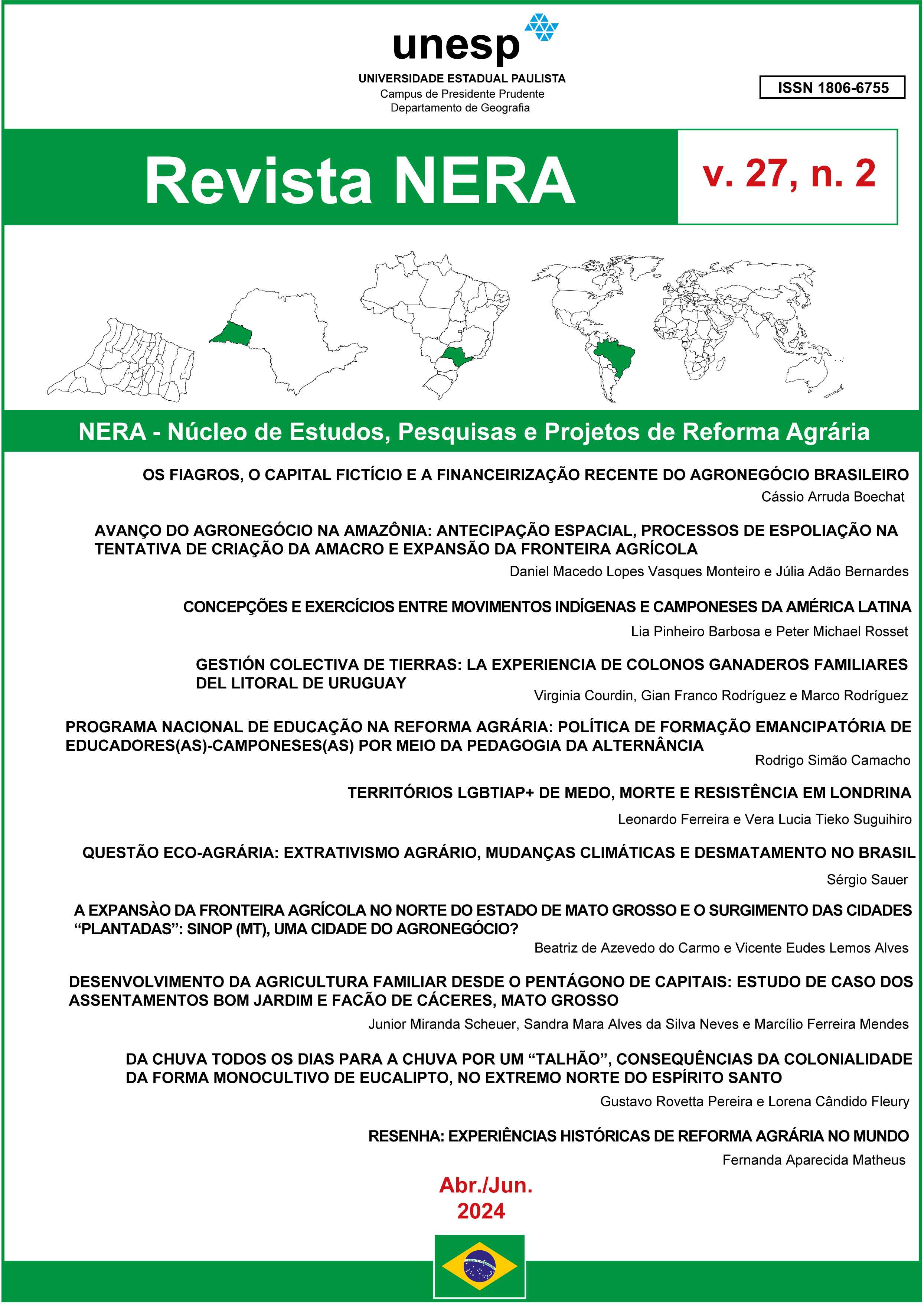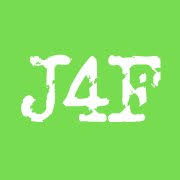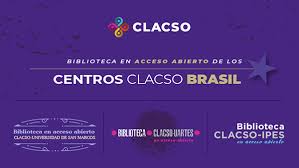Gestión colectiva de tierras: la experiencia de colonos ganaderos familiares del Litoral de Uruguay
DOI:
https://doi.org/10.47946/rnera.v27i2.9927Keywords:
acción colectiva, campo natural, desarrollo rural, políticas públicasAbstract
Starting in 2005, the National Colonization Institute (INC) generated a change in the focus of public policy; focusing its actions on the promotion of associative efforts in its most diverse forms, to promote social and economic integration of family farmers. By surveying of the trajectory of two groups of settlers, family cattle in Uruguayan coast, we sought to understand the internal processes of collective self-management of INC lands; particularly, in aspects to the management of the natural grassland as a resource of common use. The methodology was based on semi-structured interviews carried out with extension technicians and the farmers of the analysed groups. The analysis of the information shows that, in this type of venture, trust between the members is a key factor to achieve the objectives set by the group. Of the operation, the establishment and evolution from learning, of the operative and collective rules, which have a relevant incidence in the management of the common good, stand out. The social interaction and the involvement of the members in the actions of the collective is what sustains the continuity of the venture in common.
Downloads
Downloads
Published
How to Cite
Issue
Section
License
Copyright (c) 2024 REVISTA NERA

This work is licensed under a Creative Commons Attribution 4.0 International License.
Os artigos publicados na Revista NERA devem seguir, obrigatoriamente, as diretrizes sobre ética e integridade na prática científica do Conselho Nacional de Desenvolvimento Científico e Tecnológico (CNPQ), disponíveis em seu sitio na internet (http://memoria.cnpq.br/normas/lei_po_085_11.htm). Em caso de infração às referidas diretrizes por qualquer texto publicado, o artigo será formalmente retirado de publicação, conforme a prática da comunidade científica internacional. A submissão de qualquer texto à Revista NERA implica na aceitação plena deste procedimento. As ideias e conceitos emitidos nos artigos são de inteira responsabilidade dos autores. Reforçamos que após a publicação do artigo o mesmo não será despublicado caso haja solicitação por parte dos(as) autores(as).
Lembramos que todos os manuscritos submetidos à Revista NERA são vereficados no software de similaridade "iThenticate". Os manuscritos com plágio verificado são automaticamente negados e os(as) autores(as) comunicados.
A licença utilizada pela Revista NERA é Creative Commons - Atribuição 4.0 Internacional (CCBY 4.0).
A política de arquivamento é a Licença LOCKSS.



















